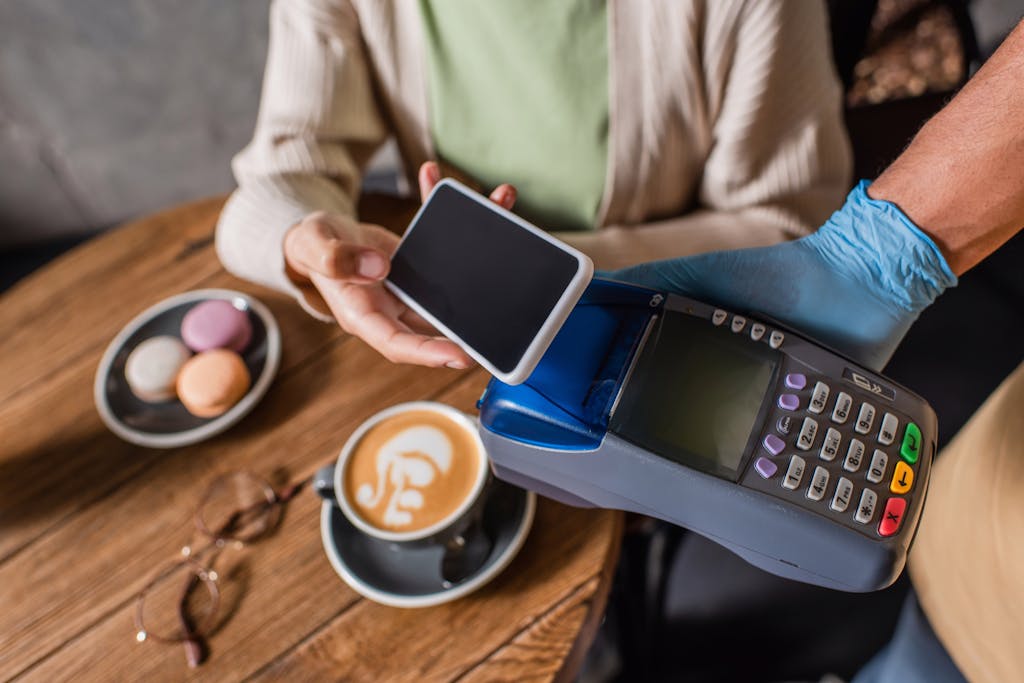Retail is going through some really tough times, and expecting discussions about transformation, other than to manage safety and health issues, seems out of place.
There is no one size fits all whether it be online retail on in-store retail. I quite like shopping but in moderation and although I experience both positive and negative experiences with both, the stereotype is that men don't like shopping much offline or online.
The pre-Covid personas we used to define how to design and define experiences both online and offline need to be changed, but it feels that many designers, planners, strategists have lost touch with the reality of retail and the current psyche of consumers. There are generational gaps in how consumers' behaviours have changed during the pandemic, and that is without even taking into consideration the battles going on that are often described as political that impact retail.
There is a need to understand and decipher retail consumers' behaviours, expectations and really study not only what has changed but also what new services and process can elevate their experience in such challenging times: how we need to adapt.
I enjoyed working in retail both at college during the WE and later on because my then mentor always pushed me to be authentic with customers and gain their loyalty. This is so often ignored for short term financial gain, where training and educating employees is an afterthought if even considered.
The recent projects I have been working on include both E-commerce and Retail Transformation, notably infusing clever digital experiences into the consumer experience. On the one hand, as a consumer, I am exasperated by the lack of privacy and how rampant the sharing of my data has become. I expect there to be a reckoning for companies that ignore basic security but also basic privacy.
On the other hand, I see how a better understanding of their customers allows my clients to adapt, adjust and improve customer experience and a better overall shopping experience.
It feels like I should have voiced my concerns in meetings where solutions vendors presented would allow companies to know a frighteningly extensive amount of information about them by cross sampling data. I must admit I didn't realise the implications and was amazed at what they said they could infer about clients, including past current and expected future behaviour.
I came across an example last week of a company called Cheqout that can provide QR codes per table allowing restaurants to get customers to do the servers work: letting customers order directly and pay directly after scanning a QR code. This solution is interesting for the company (although it apparently often leads to a reduction in workforce requirements) as it obviously reduces labor costs and apparently leads to a more efficient process.
A concern with QR codes is that scanning them could lead you to a website, a type of PWA or malware created by scammers to catch you off guard and direct you to counterfeit sites, etc.
However, as discussed above, on the topic of privacy concerns, unless you check the links of QR codes, companies can easily use tracking to gather more information about you without you even realising. That leaves me hoping that a company using QR codes will only use such tracking for their own systems, and not resell this tracking information. You can easily imagine 3rd party systems being used in good faith but that the 3rd party company uses tracking and gathers your information without the client company even realising this is happening. And all this, from what seems like an innocuous QR code.
The dramatic increase of online transactions and activities has generated an incredible amount of data, but if companies consider this will inform post pandemic behaviour, it seems to be logically flawed if taken at face value. The pandemic has been an extraordinary event in so many ways. Unless this horrific once in a generation situation and restrictions carries over into an endemic, people's behaviour will change again, once it is over. It is unlikely to go back to the way it was before the pandemic, either.
What I can currently see is that many businesses face some tough decisions, whether they are lucky enough to have flourished during the pandemic or been hard hit. Holding back during a crisis on ways to strengthen services and products and to better serve customers usually only benefits your competitors. It is an opportunity to regroup, rethink and adapt. It is the moment to plan for change, to prepare how the company needs to strengthen its digital systems, train employees, build systems that allow you to evolve swiftly (ex APIs and microservices) without disrupting everything that is already in place.
